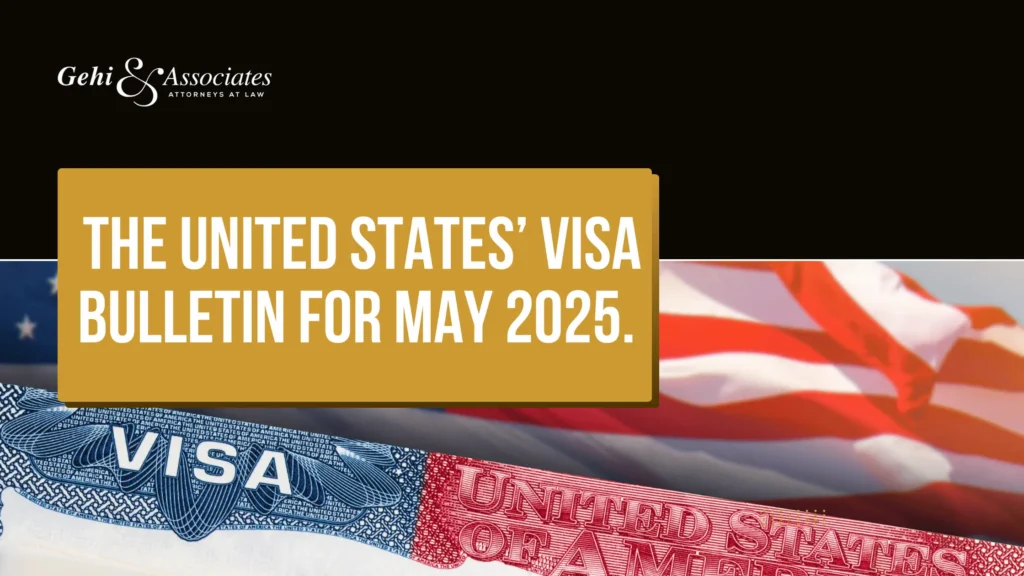Blog Categories
Recent Posts
Practices Areas

Divorce law in the US is set by the states, not the federal government, so each state has its own laws when it comes to custody of kids. In most cases, the laws of the states are pretty much the same. Figuring out who gets custody(Child Custody) of the kids is probably one of the biggest and most complicated parts of a divorce for most parents.
When it comes to this matter, either the judge has to make a ruling, or the parents have to come to an agreement on things like how custody is shared, who gets to decide what is best for the kids, and how visitation is handled. When parents get divorced, custody of their kids is usually decided based on what is best for the child.
It is important to remember that both parents should be treated the same, no matter what gender they are. In the 1960s and 1970s, a lot of states used something called the Tender Years Doctrine, which meant that if a mother was fit, she automatically got custody of her kids.
After that time, there was a lot of equality in the US, both when it came to divorce and in the workplace. But the issue of child custody can be a lot more complicated than you think. In this guide, we will go over what custody is, how different types of child custody work, and how custody is determined when parents separate.
What is Child Custody?
Basically, child custody is all about which parent has the power to decide what happens to the kids and who they spend their time with. There are two types of custody: physical and legal.
Physical custody is all about where kids live and who takes care of them. Legal custody is about who has the power to make important decisions for the child. For instance, who gets to decide where a kid goes to school, what kind of religious training they get, and what kind of medical care they get?
When a couple splits or gets divorced, both physical and legal custody should be taken into account.
What are the forms of custody schemes?
There is no one-size-fits-all when it comes to custody. When it comes to child custody, the parent or the family judge will need to come up with a plan that takes your family’s needs into account. Usually, custody orders are divided into four parts.
In one case, the custody order might grant both sole legal and physical custody to one of the parents. In another case, the parent might get shared legal custody with one of the parents having physical custody. It is also possible for both parents to have shared legal and physical custody, or rarely, one parent gets sole legal custody, and both parents share physical custody.
If it is decided that one of the parents has physical custody, a visitation plan is usually set up by the judge or both parents to make sure the kid has a good relationship with both of them. And shared physical custody orders usually come with parenting time plans.
Who decides who gets custody of the kids?
If you and your spouse can agree on child custody, it is likely that the judge will consider it. This is the best option for parents who want to have control over their family after a breakup or divorce. If you cannot agree, the judge will decide based on evidence, including any court-ordered independent investigations.
How does the court decide who gets custody?
Child custody can be decided in court or outside of it, depending on what the parents agree on physically and legally. It is important for parents to come to an agreement on a parenting plan. This plan can be legally enforced once both parents agree on it. It is better for the child and can be faster and less messy.
If parents cannot agree on a plan, they can go to mediation. Mediation is a type of court-ordered mediation where a mediator helps the parents communicate and find common ground. This way, parents can come to an agreement that works for them and their kids.
If parents are not able to come to an agreement on custody, it is a good idea to get a child custody assessment. This is a mental health check-up that looks at both the kids and the co-parents to come up with a shared custody plan. The courts make custody decisions based on the best interests of the child.
Things to consider include what the kid wants, who the main caregiver is, if the home is stable if the kid has special needs, if there are emotional ties, if there are support networks, if the child has physical needs, if the child’s mental needs are taken into consideration, if there is domestic violence, and lots more.
Gender does not usually play a role in custody decisions. Stability and security are the main factors. That is why most courts involve both parents.
How do you change the custody order or agreement?
If there is a big change in the situation or if it is in the best interest of the child, courts can make changes to the custody agreement or orders. This change in situation could mean relocating, not following custody rules, the child’s needs changing, or the parent’s circumstances changing, like getting sober or going to jail.
To ask the court to change the custody agreement, the parent has to file a petition and show that the change would be in the best interests of the child.
How do I use visitation rights?
If you are granted visitation rights rather than custody, there are different ways you can use this right. Basically, there are three different ways you can use your visitation rights. You can have an unsupervised visit, a supervised visit, or a virtual visit. An unsupervised visit means the kid is not physically with the other parent.
A supervised visit means someone else is there to keep an eye on the kid. This could be a social worker, a counselor, or someone else. A virtual visit means both parents are not physically with each other. These visits usually happen at different times and places.
Get Legal Help
If you are splitting up or getting divorced, child custody is one of the biggest decisions you will have to make and one of the most complex matters you will have to deal with. It is a good idea to go through this process with the help of a US family lawyer.
A US family lawyer can help you understand your rights and go through the court system to make sure you get the custody you want. Gehi and Associates is one of the top US firms with expertise in handling family law matters.
Our family lawyers have a lot of experience in helping clients solve their complex family law cases. You can trust us to give you a great representation. Talk with one of our family lawyers now!
Contact Us
Our law offices in NY offers free consultations, both virtual and in-person, for all legal and immigration matters. To schedule one, please contact us today!










